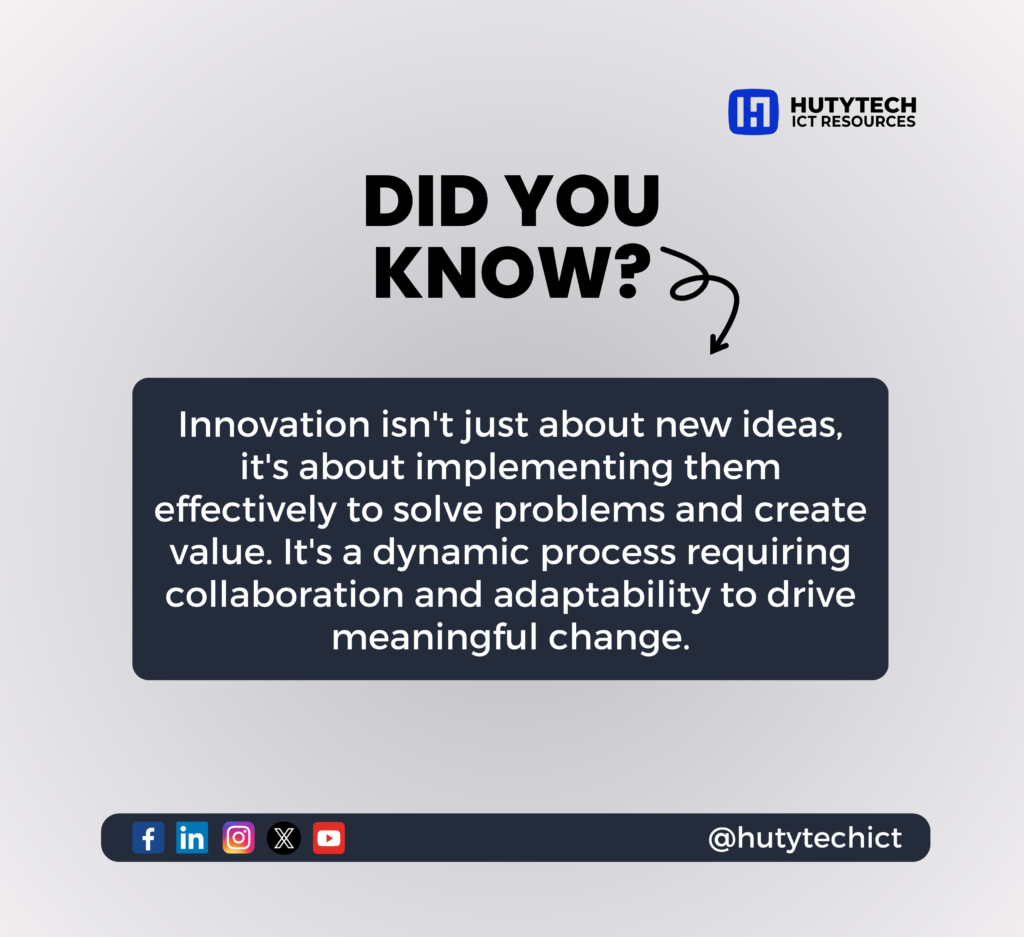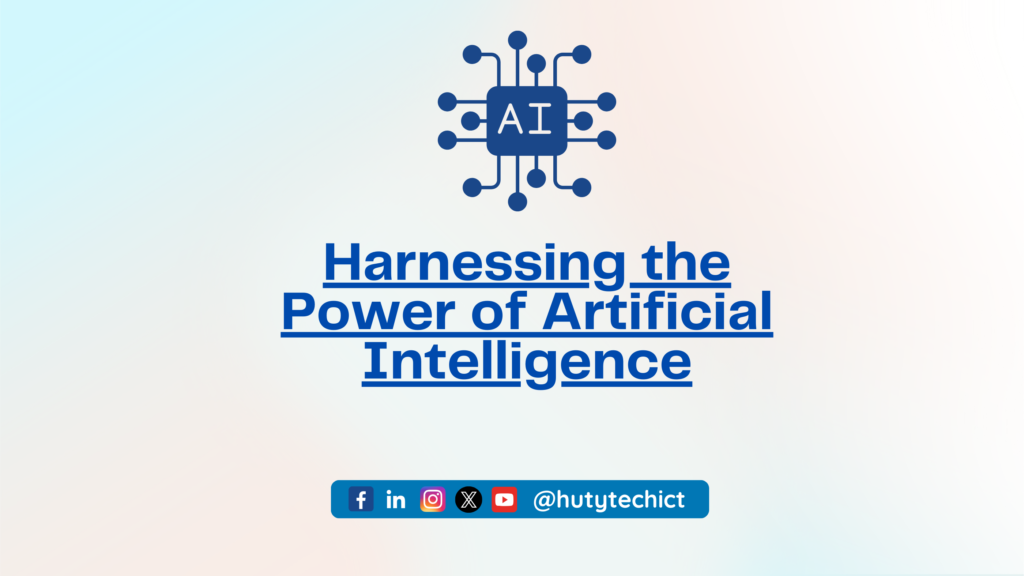
The Future of Software Engineering Unveiled Trends and Innovations Shaping the Industry
In the fast-evolving realm of technology, perhaps no field is as dynamic and impactful as software engineering. As we venture further into the 21st century, the landscape of software development is undergoing profound changes, driven by emerging technologies, evolving methodologies, and shifting paradigms. Let’s delve into the trends and innovations that are shaping the future of software engineering.
1. Artificial Intelligence and Machine Learning Integration
Artificial intelligence (AI) and machine learning (ML) are revolutionizing the way software is designed, developed, and deployed. From predictive analytics to natural language processing, AI-powered algorithms are enhancing the capabilities of software systems, making them smarter, more adaptive, and more efficient. In the future, expect to see even greater integration of AI and ML technologies across various domains, including cybersecurity, healthcare, and finance.
2. DevOps and Continuous Integration/Continuous Deployment (CI/CD)
The adoption of DevOps practices and CI/CD pipelines continues to accelerate, enabling organizations to streamline software delivery, increase agility, and improve collaboration between development and operations teams. With the rise of cloud-native architectures and containerization technologies like Docker and Kubernetes, the future of software engineering will be defined by automated testing, rapid deployment, and seamless scalability.
3. Low-Code and No-Code Development Platforms
In an era characterized by digital transformation and the democratization of technology, low-code and no-code development platforms are empowering citizen developers and business users to create software applications with minimal coding expertise. These platforms offer visual interfaces, drag-and-drop functionality, and pre-built components, enabling faster prototyping, iteration, and deployment of software solutions. As these platforms mature, they will play an increasingly prominent role in the software engineering ecosystem.
4. Quantum Computing and Cryptography
The advent of quantum computing promises to revolutionize cryptography and cybersecurity, presenting both opportunities and challenges for software engineers. Quantum algorithms have the potential to break traditional encryption schemes, prompting the development of quantum-resistant cryptographic techniques and protocols. In the future, software engineers will need to adapt to the quantum computing paradigm, leveraging its immense computational power to tackle complex problems in cryptography, optimization, and simulation.
5. Ethical and Responsible AI
As AI technologies become more pervasive, concerns about bias, fairness, and accountability have come to the forefront. In response, there is a growing emphasis on ethical and responsible AI development practices, aimed at ensuring that AI systems are transparent, accountable, and aligned with societal values. Software engineers play a crucial role in embedding ethical considerations into the design, development, and deployment of AI-powered software solutions, thereby promoting trust, equity, and inclusivity.
Conclusion
The future of software engineering is bright and full of possibilities, driven by rapid technological advancement, evolving user expectations, and emerging societal challenges. By embracing AI and machine learning, adopting DevOps and CI/CD practices, leveraging low-code and no-code development platforms, exploring quantum computing and cryptography, and promoting ethical and responsible AI, software engineers can shape a future where technology serves the greater good, enriching lives, and empowering communities.
As we navigate the complexities of the digital age, let us remain vigilant, adaptable, and empathetic, recognizing the profound impact that software engineering has on our world and striving to create a future that is equitable, sustainable, and inclusive. The journey ahead may be challenging, but with creativity, collaboration, and a commitment to excellence, we can unlock the full potential of software engineering and build a better tomorrow for generations to come.

